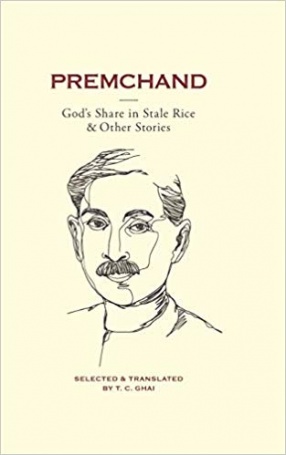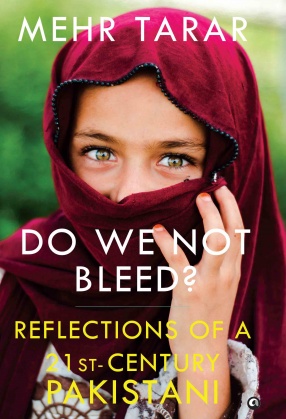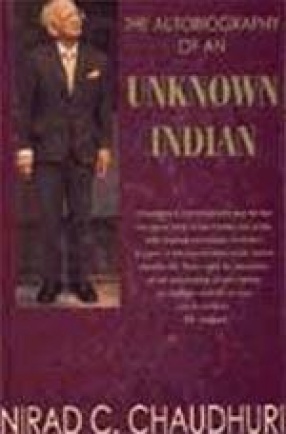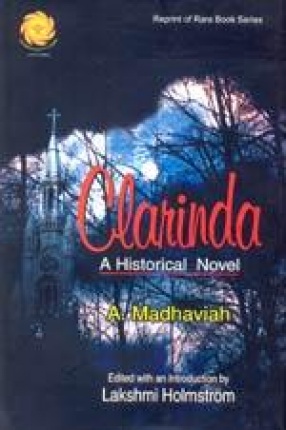Premchand: God's Share in Stale Rice and Other Stories
In Premchand the battle lines are clearly drawn, except that they are not battle lines. The confrontation between the two sides is not that of two equal or nearly equal adversaries; rather it is more like between the powerful and the weak. On one side are the zamindars, brahmins, thakurs, money lenders, the communalists (both Hindu and Muslim), lawyers, policemen, the urban English educated, the Raj and firangis and their toadies constituting the unjust political and socio-economic order; and even God. And on the other side, the poor and the wretched of the earth, the landless or near landless poor peasants, the low caste, the factory workers in cities, women especially widows and prostitutes, animals, the freedom fighters ready to stake their lives. - struggle against the unjust order... Premchand's idealism often subjverts this opposition, but it is also very clear where his sympathies lie, and that we see clear signs of this idealism drying up in some of his later works. And more than eighty years after his death and seventy years of independence we can see nearly the same lines drawn up, except that the socio-economic order and the Raj have been replaced by a new set of oppressors and rulers, and the victimized, especially women and the people from below, are taking control of their own destinies and revealing, in their writing, the devastatingly and shamefully cruel and unjust face of our society and civilization. They are now ready to fight their own battles. This highlights Premchand's relevance today, and his greatness.
Get it now and save 10%
BECOME A MEMBER







Bibliographic information